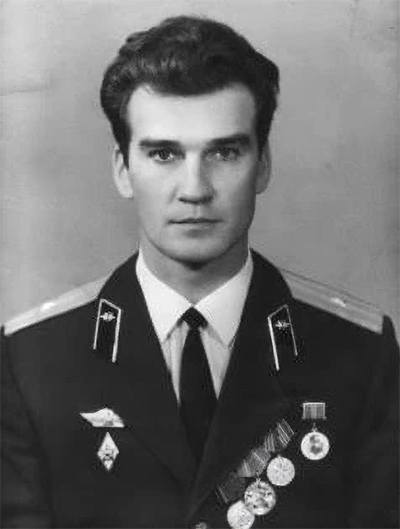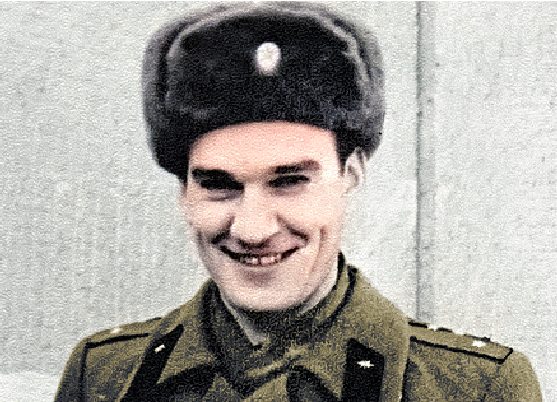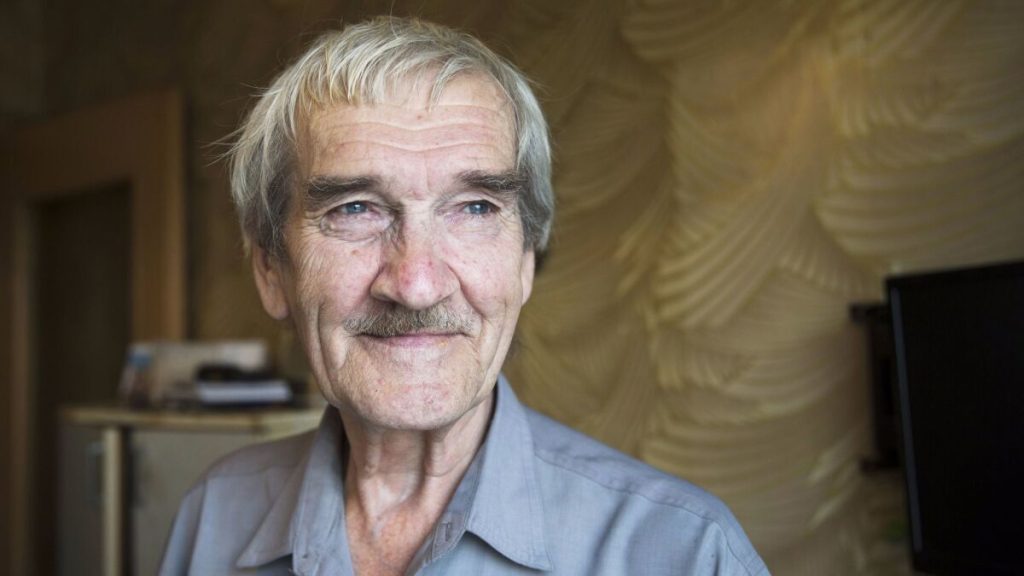
The Fateful Night of September 26, 1983
The events of September 26, 1983, would forever change the course of history. As a lieutenant colonel in the Soviet Air Defense Forces, Stanislav Petrov was on duty at the Serpukhov-15 bunker, responsible for monitoring early warning systems for potential missile attacks. In the tense context of the Cold War, tensions between the United States and the Soviet Union were running high, with the constant threat of nuclear confrontation looming over the world.
On that fateful night, the Soviet early warning system suddenly indicated an incoming missile strike from the United States. Petrov was faced with a life-or-death decision: to follow protocol and report the detected attack, potentially triggering a devastating retaliatory strike, or to trust his instincts and question the accuracy of the system. In an act of extraordinary bravery and composure, Petrov decided to deviate from the protocol and not report the attack, even though the consequences of his decision were unknown at the time.

It was later revealed that the system had indeed malfunctioned, and Petrov’s intuitive decision to disregard the false alarm averted a potential nuclear catastrophe. His courage and critical thinking prevented a chain reaction of events that could have escalated into a full-scale nuclear war, saving countless lives and preserving the delicate balance of global stability.
The Importance of Human Judgment in the Age of Technology
Stanislav Petrov’s pivotal role in preventing a nuclear disaster sheds light on the crucial role of human judgment and decision-making in an era dominated by advanced technology. The incident serves as a stark reminder that even the most sophisticated systems are not infallible and can be prone to errors. Petrov’s ability to trust his instincts and question the information presented to him highlights the indispensability of human intervention and critical thinking in moments of crisis.
In an age where reliance on technology is pervasive, Petrov’s actions underscore the need for individuals to remain vigilant and exercise independent judgment. His story serves as a powerful reminder that human intervention is essential to counterbalance the potential shortcomings of automated systems. Petrov’s courage in challenging the false alarm exemplifies the potential of human agency to mitigate the risks associated with the ever-increasing integration of technology in our lives.

Moreover, Petrov’s decision has broader implications beyond nuclear warfare. It symbolizes the triumph of reason, empathy, and level-headedness over blind adherence to protocol. His ability to resist the pressure of the moment and trust his own assessment demonstrates the importance of moral courage and personal integrity in making ethical choices. Petrov’s actions serve as an inspiration for future generations, highlighting the transformative power of individual decisions and the ability to shape the course of history.
The Legacy of Stanislav Petrov
Stanislav Petrov’s remarkable story did not receive widespread recognition until many years after the incident. Despite his pivotal role in averting a global catastrophe, Petrov’s actions went largely unnoticed and unrewarded in his own time. However, his legacy continues to resonate today, serving as a testament to the profound impact of individual actions on the course of history.
Petrov’s story gained international attention in the years following the incident, and he was finally recognized for his courageous act. Numerous accolades, including the World Citizen Award and the German Media Prize, were bestowed upon him, acknowledging his exceptional contribution to humanity. Petrov’s humility and modesty in the face of praise only further exemplify his character and the selfless nature of his actions.
The legacy of Stanislav Petrov extends far beyond his personal story. It serves as a reminder of the precariousness of human existence and the ever-present threat of nuclear conflict. Petrov’s example continues to inspire discussions on disarmament, international relations, and the importance of diplomacy in averting catastrophic events. His story encourages individuals to question authority, exercise critical thinking, and prioritize human judgment in the face of complex challenges.
Stanislav Petrov’s courageous decision on that fateful night in 1983 solidified his place as the most important person in modern history. By trusting his instincts and defying protocol, he prevented a catastrophic nuclear war and saved countless lives. Petrov’s story stands as a testament to the significance of individual actions and the indispensable role of human judgment in an age dominated by technology. His legacy serves as a reminder of our shared responsibility to strive for peace, exercise critical thinking, and learn from the lessons of the past to shape a safer and more compassionate future.